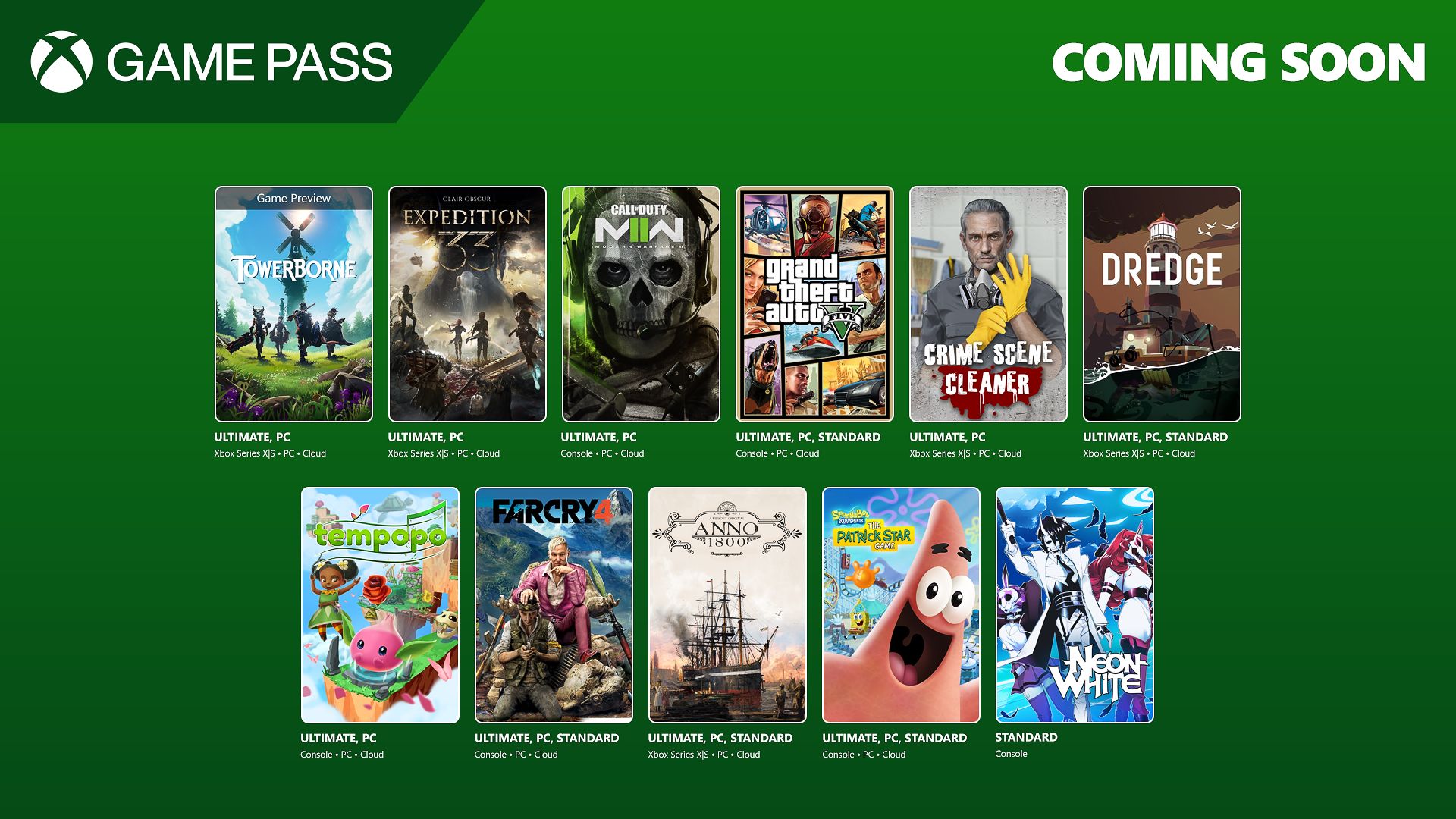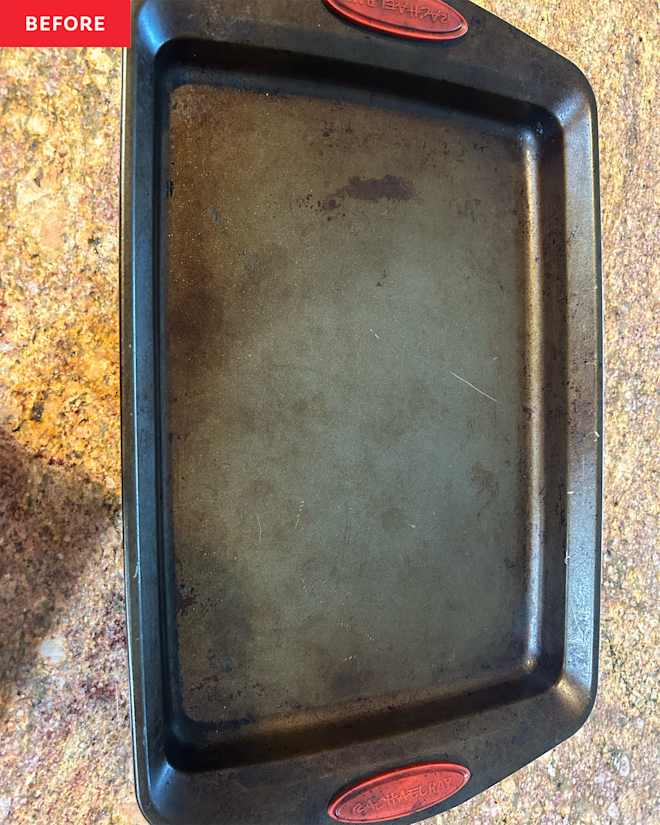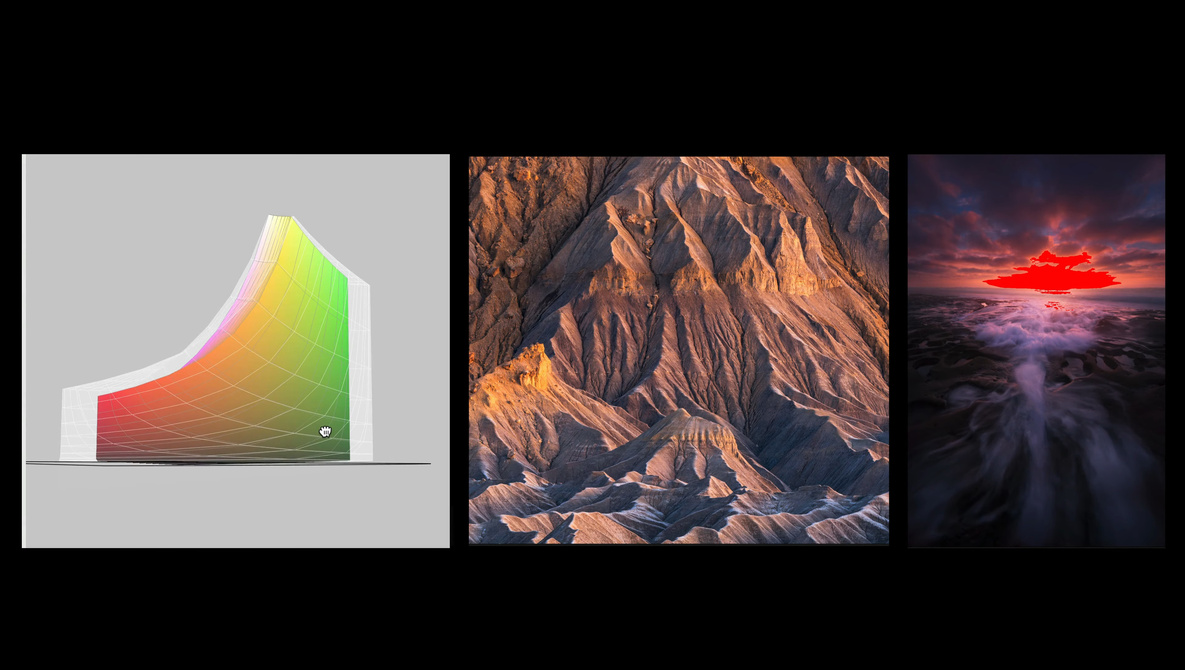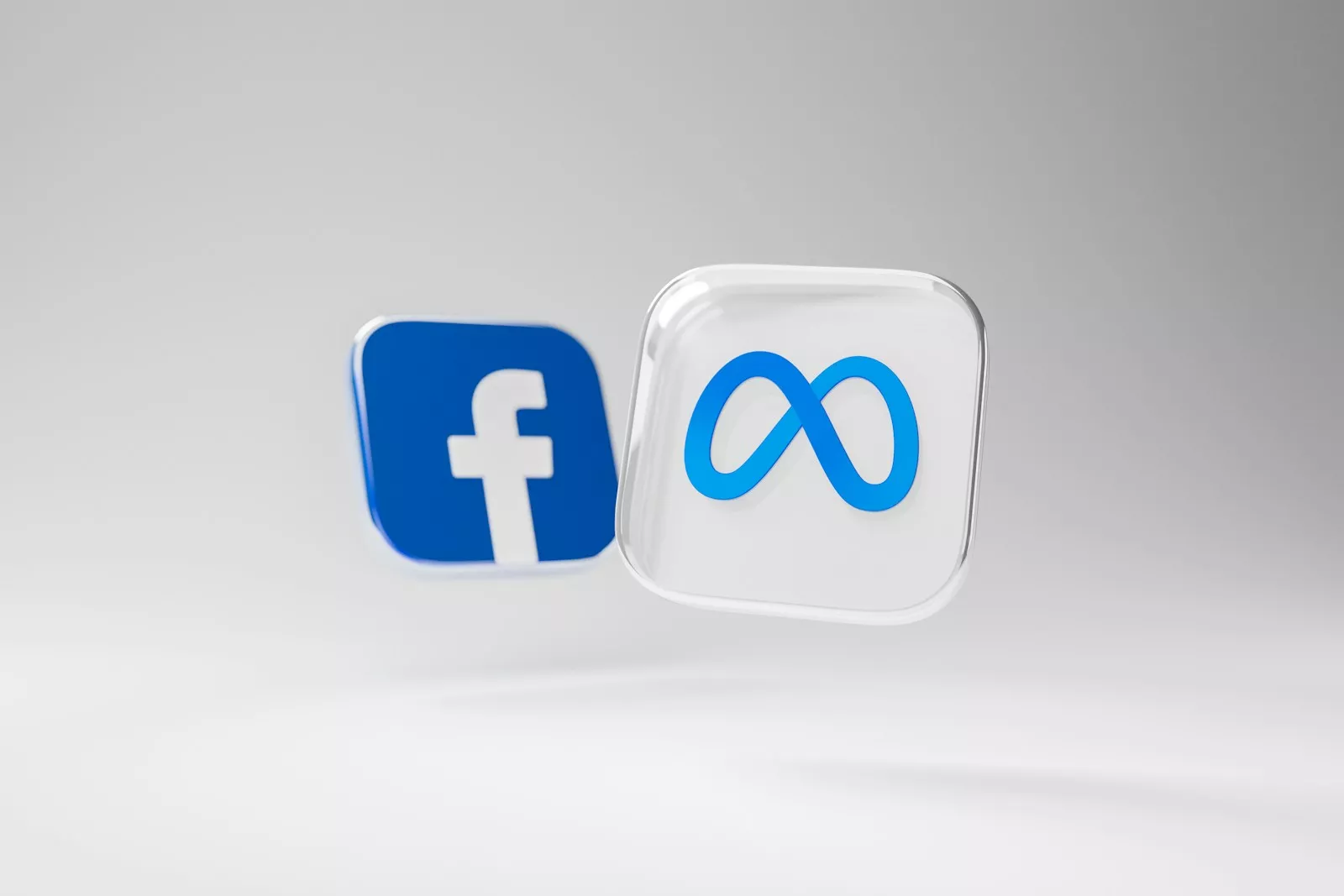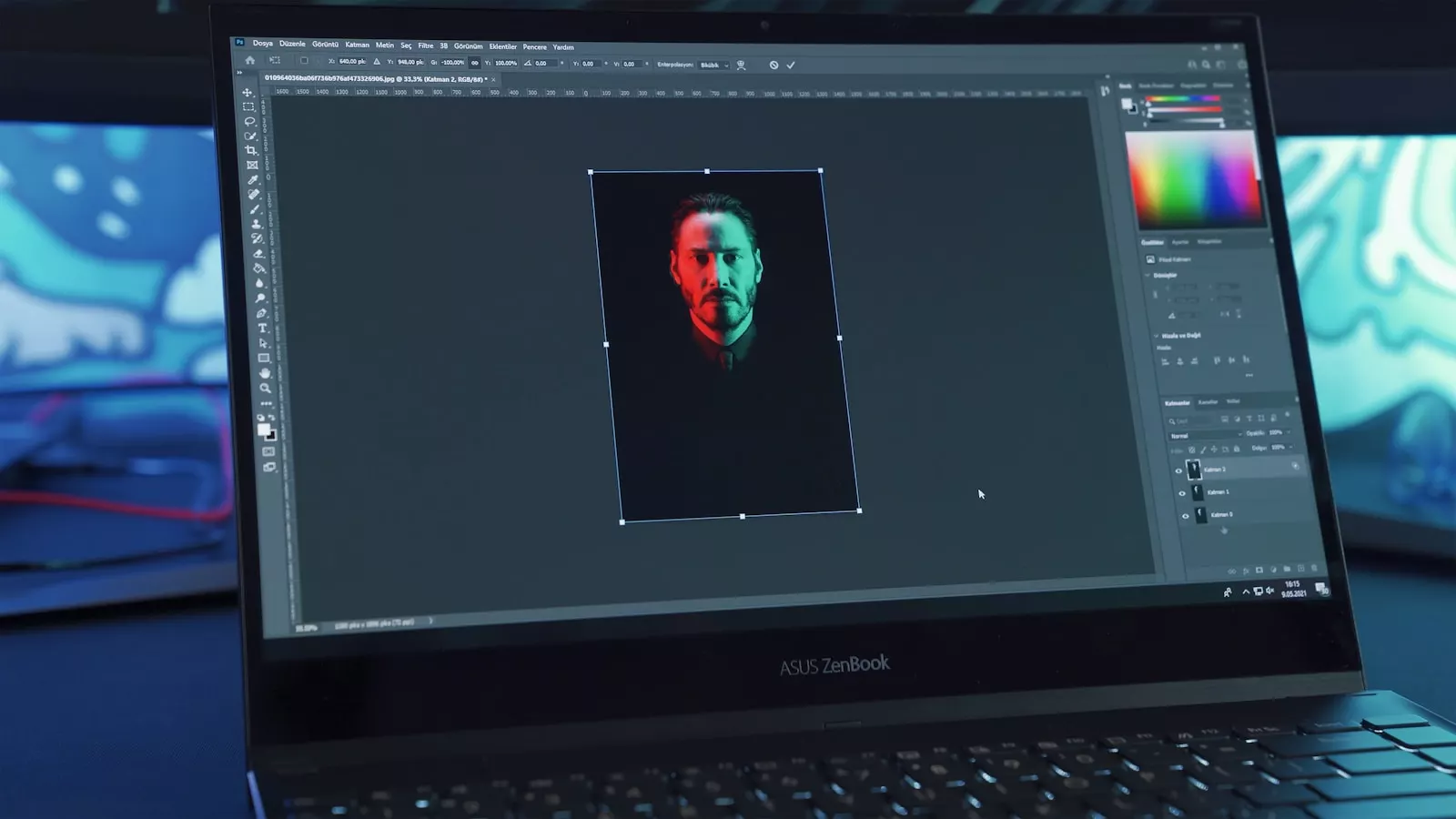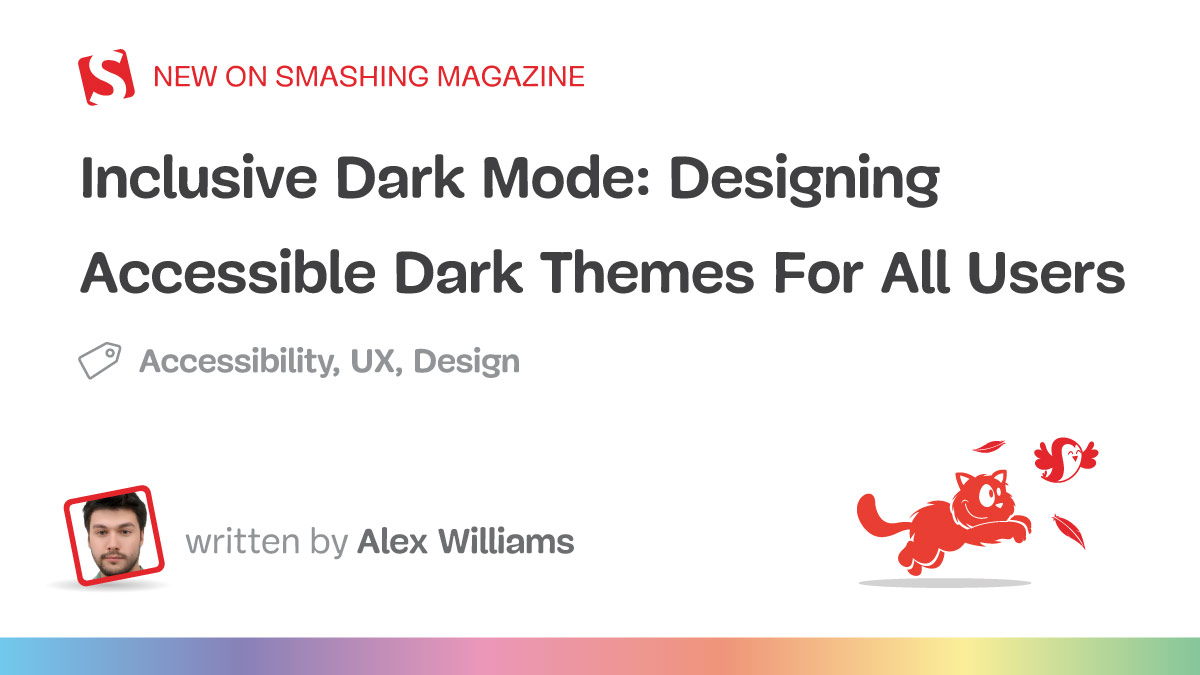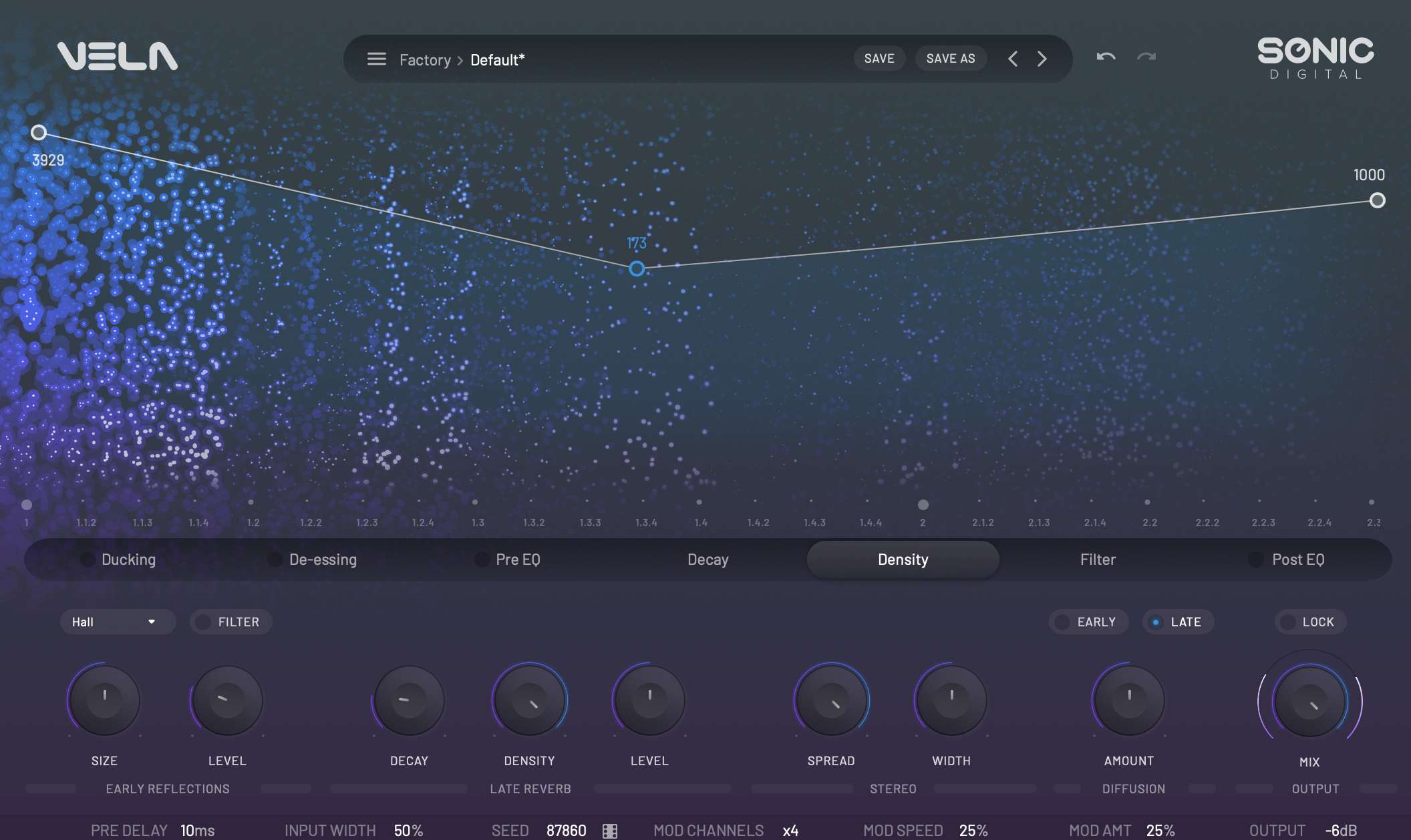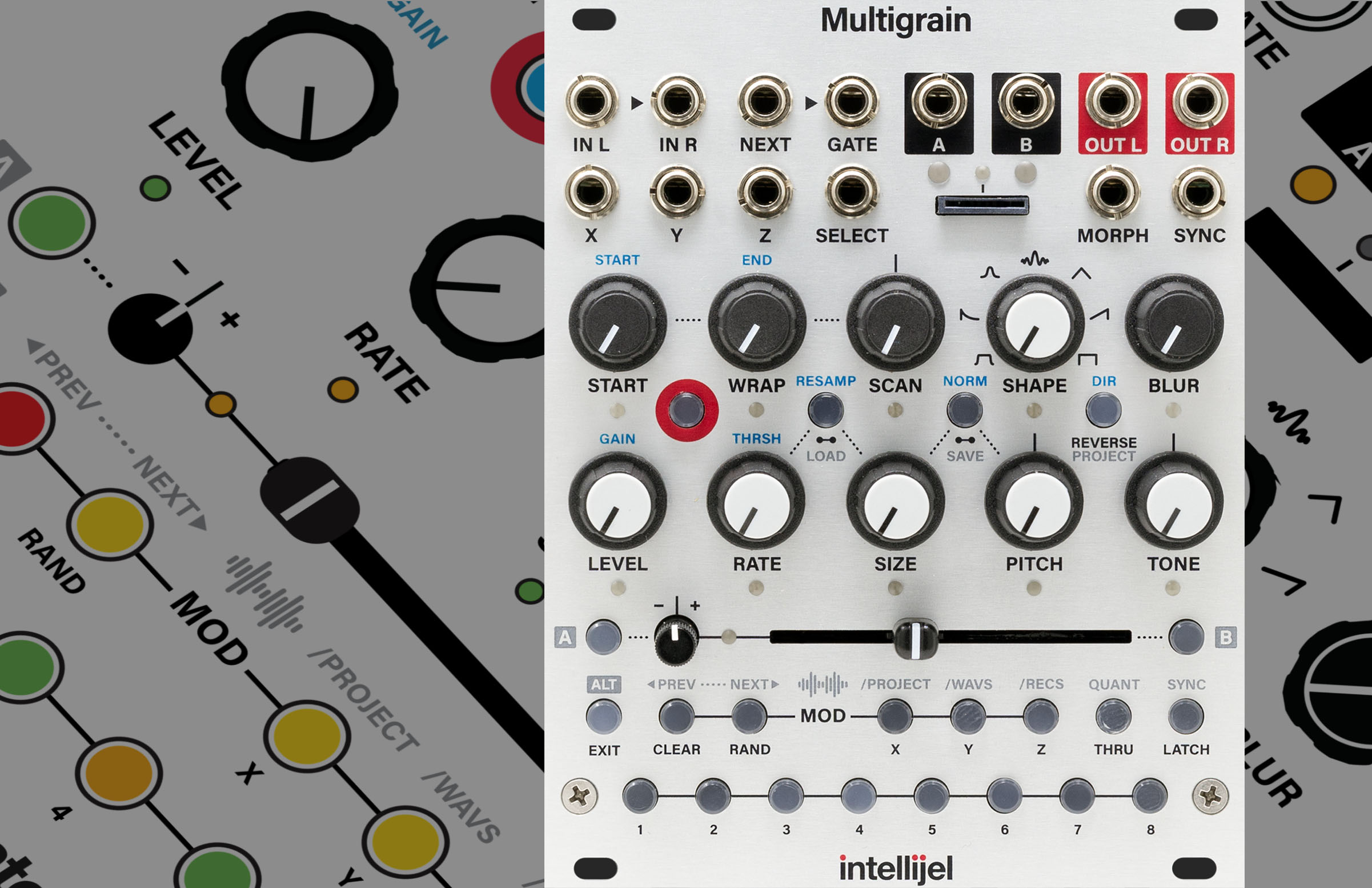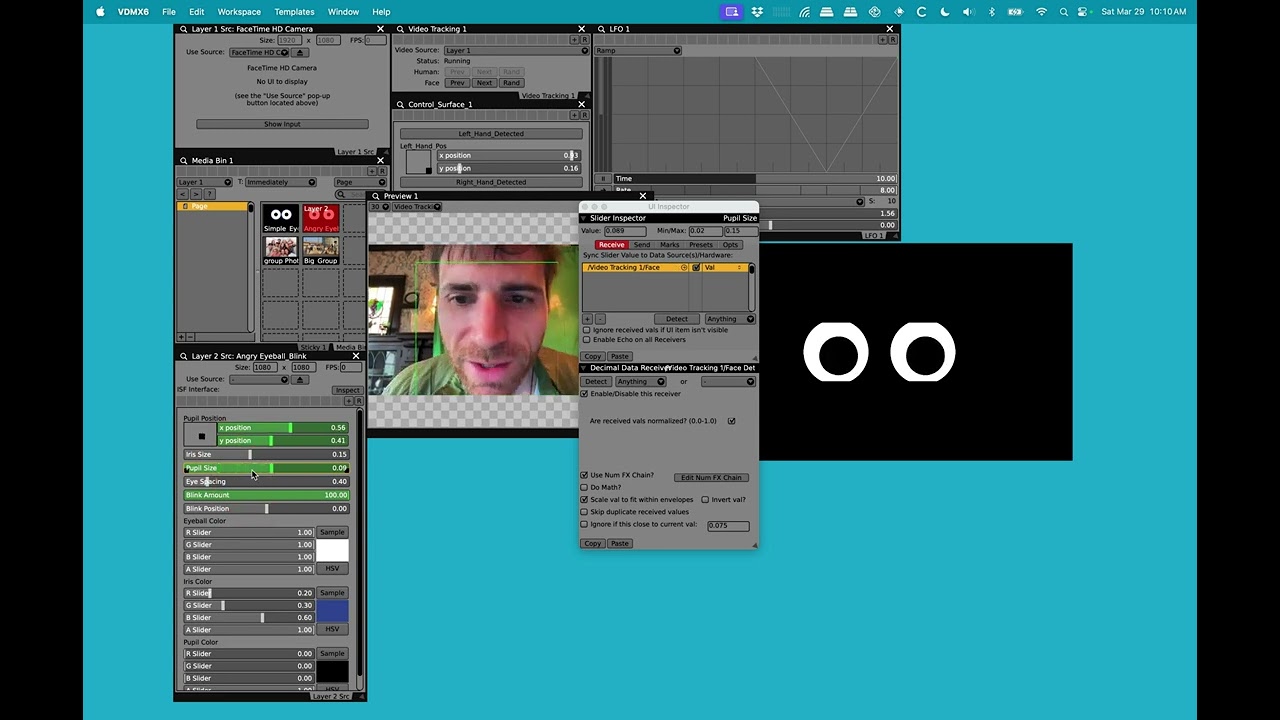Notion Mail is a powerful but lightweight email client for busy people
A few years ago, I gave up on my Gmail inbox. I used to be meticulous. I would assign labels to every new email that came in, starring those that I wanted to find later easily. But between a job in journalism and way too much spam, the volume of new messages became unmanageable. And as of this article, I have more than 21,000 unread emails. After trying Notion's new email client, I might have a chance to reclaim my inbox. With Notion Mail, Notion isn't trying to reinvent email. "I feel like every email client has their own system, and many have a religious onboarding experience," Notion Mail Lead Andrew Milich tells me over video chat. "You know, it's either keyboard shortcuts, a screening feature, a chatbox or something else. We tried to do something more lightweight." Milich knows a thing or two about rigid email apps. Before joining Notion, he was the co-founder of Skiff, a startup that offered, among other things, end-to-end encrypted email. Notion acquired Skiff at the start of 2024. Since then, the Skiff team has been working on Notion Mail. For those keeping track, Notion Calendar was similarly born out of the company's acquisition of Cron. "We want Notion Mail to stand alone as an email product you would love and want to use independent of Notion, but also one that every existing Notion user will find familiar and enjoyable," Milich says. To that point, current Notion users will find much that's familiar. For instance, in the compose window there’s support for slash commands, code blocks and Markdown shortcuts. However, it's the new features Milich and his team created for Notion Mail that are what make the app interesting. Notion It starts with two related tools: AI labels and views. The first time you open Notion Mail, the software will analyze your inbox and suggest personalized labels for broad categories of messages, and create corresponding folders where those emails will be automatically sorted. You can filter, group and sort emails independently within each view for added flexibility. If you ever want to create additional AI labels, a button at the top of the interface to do so quickly. Additionally, any labels you create through Notion Mail will be preserved in Gmail, and your data won't be used to train future AI models. "We try to sync as much data as possible, so that means all these labels, even the ones that are applied by AI as the emails are received, get synchronized to Gmail too," Milich says, adding, "we've deliberately moved drafts and sent lower and tried to focus users on the labeling, views and templates." The final pillar of Notion Mail revolves around scheduling. Provided you've granted Notion Calendar access to your Google Calendar, you can insert booking links directly within the compose window by typing "/schedule". For the recipient, a single click will get them on your calendar. Notion Outside of those big features, Notion Mail offers the usual time savers you'll find in its competitors, including suggested replies, keyboard shortcuts and a built-in AI editor for drafting and editing messages. There's also a snippet library you can use to save yourself from writing the same section of text over and over again in different emails. In the short time I've had with Notion Mail, I've noticed it's incredibly flexible. According to Milich, the app isn't designed to push users toward a goal like inbox zero that isn't obtainable (or really useful) in a modern context. Instead, he says his hope is that Notion Mail limits how much the act of managing your inbox drains your time, energy and attention, and so far I can say it has done exactly that. If you want to try Notion Mail for yourself, Notion is making the client available to everyone, including free users, at no additional cost. You will only need to pay for the app if you frequently use some of its AI features. At launch, it works with Gmail. Milich says support for Outlook and iCloud is on the roadmap, but didn't share a specific date.This article originally appeared on Engadget at https://www.engadget.com/ai/notion-mail-is-a-powerful-but-lightweight-email-client-for-busy-people-150007543.html?src=rss

A few years ago, I gave up on my Gmail inbox. I used to be meticulous. I would assign labels to every new email that came in, starring those that I wanted to find later easily. But between a job in journalism and way too much spam, the volume of new messages became unmanageable. And as of this article, I have more than 21,000 unread emails. After trying Notion's new email client, I might have a chance to reclaim my inbox.
With Notion Mail, Notion isn't trying to reinvent email. "I feel like every email client has their own system, and many have a religious onboarding experience," Notion Mail Lead Andrew Milich tells me over video chat. "You know, it's either keyboard shortcuts, a screening feature, a chatbox or something else. We tried to do something more lightweight."
Milich knows a thing or two about rigid email apps. Before joining Notion, he was the co-founder of Skiff, a startup that offered, among other things, end-to-end encrypted email. Notion acquired Skiff at the start of 2024. Since then, the Skiff team has been working on Notion Mail. For those keeping track, Notion Calendar was similarly born out of the company's acquisition of Cron.
"We want Notion Mail to stand alone as an email product you would love and want to use independent of Notion, but also one that every existing Notion user will find familiar and enjoyable," Milich says.
To that point, current Notion users will find much that's familiar. For instance, in the compose window there’s support for slash commands, code blocks and Markdown shortcuts. However, it's the new features Milich and his team created for Notion Mail that are what make the app interesting.
It starts with two related tools: AI labels and views. The first time you open Notion Mail, the software will analyze your inbox and suggest personalized labels for broad categories of messages, and create corresponding folders where those emails will be automatically sorted. You can filter, group and sort emails independently within each view for added flexibility. If you ever want to create additional AI labels, a button at the top of the interface to do so quickly. Additionally, any labels you create through Notion Mail will be preserved in Gmail, and your data won't be used to train future AI models.
"We try to sync as much data as possible, so that means all these labels, even the ones that are applied by AI as the emails are received, get synchronized to Gmail too," Milich says, adding, "we've deliberately moved drafts and sent lower and tried to focus users on the labeling, views and templates."
The final pillar of Notion Mail revolves around scheduling. Provided you've granted Notion Calendar access to your Google Calendar, you can insert booking links directly within the compose window by typing "/schedule". For the recipient, a single click will get them on your calendar.
Outside of those big features, Notion Mail offers the usual time savers you'll find in its competitors, including suggested replies, keyboard shortcuts and a built-in AI editor for drafting and editing messages. There's also a snippet library you can use to save yourself from writing the same section of text over and over again in different emails.
In the short time I've had with Notion Mail, I've noticed it's incredibly flexible. According to Milich, the app isn't designed to push users toward a goal like inbox zero that isn't obtainable (or really useful) in a modern context. Instead, he says his hope is that Notion Mail limits how much the act of managing your inbox drains your time, energy and attention, and so far I can say it has done exactly that.
If you want to try Notion Mail for yourself, Notion is making the client available to everyone, including free users, at no additional cost. You will only need to pay for the app if you frequently use some of its AI features. At launch, it works with Gmail. Milich says support for Outlook and iCloud is on the roadmap, but didn't share a specific date.This article originally appeared on Engadget at https://www.engadget.com/ai/notion-mail-is-a-powerful-but-lightweight-email-client-for-busy-people-150007543.html?src=rss




![‘Haruki Murakami Manga Stories Vol. 3’ Gives Foreboding Fiction a Macabre Makeover [Review]](https://i0.wp.com/bloody-disgusting.com/wp-content/uploads/2025/04/Haruki-Murakami-Manga-Stories-Vol-3-Car-Attack.jpg?fit=1400%2C700&ssl=1)




































.png?format=1500w#)










![THE NUN [LA RELIGIEUSE]](https://www.jonathanrosenbaum.net/wp-content/uploads/2019/12/TheNun-300x202.jpg)








































































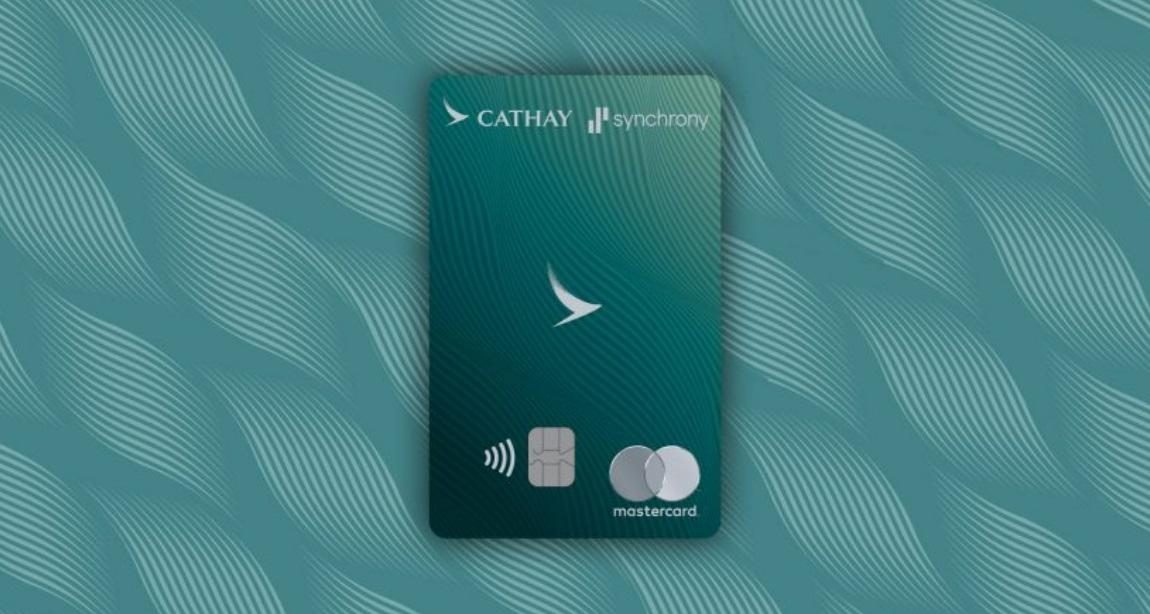






















































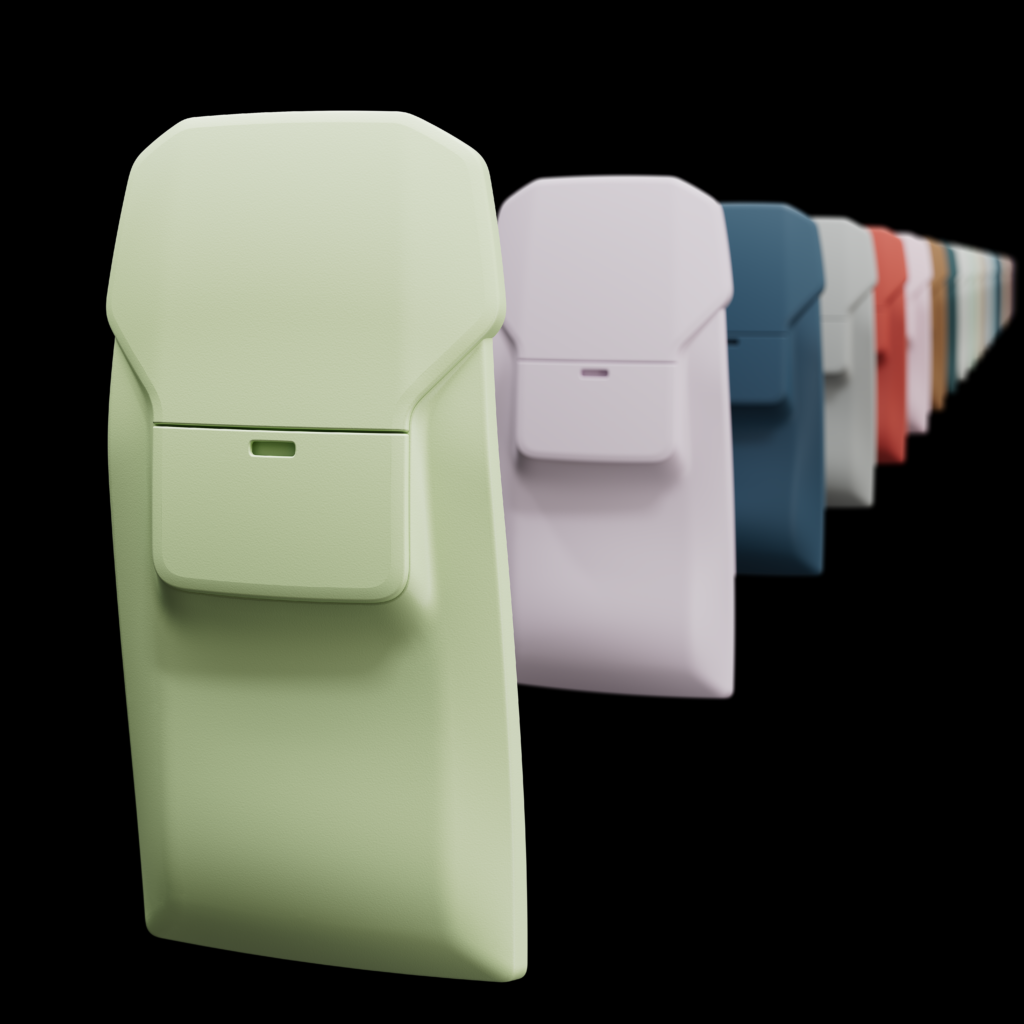



































![Courtyard Marriott Wants You To Tip Using a QR Code—Because It Means They Can Pay Workers Less [Roundup]](https://viewfromthewing.com/wp-content/uploads/2025/04/tipping-qr-code.jpg?#)


















































